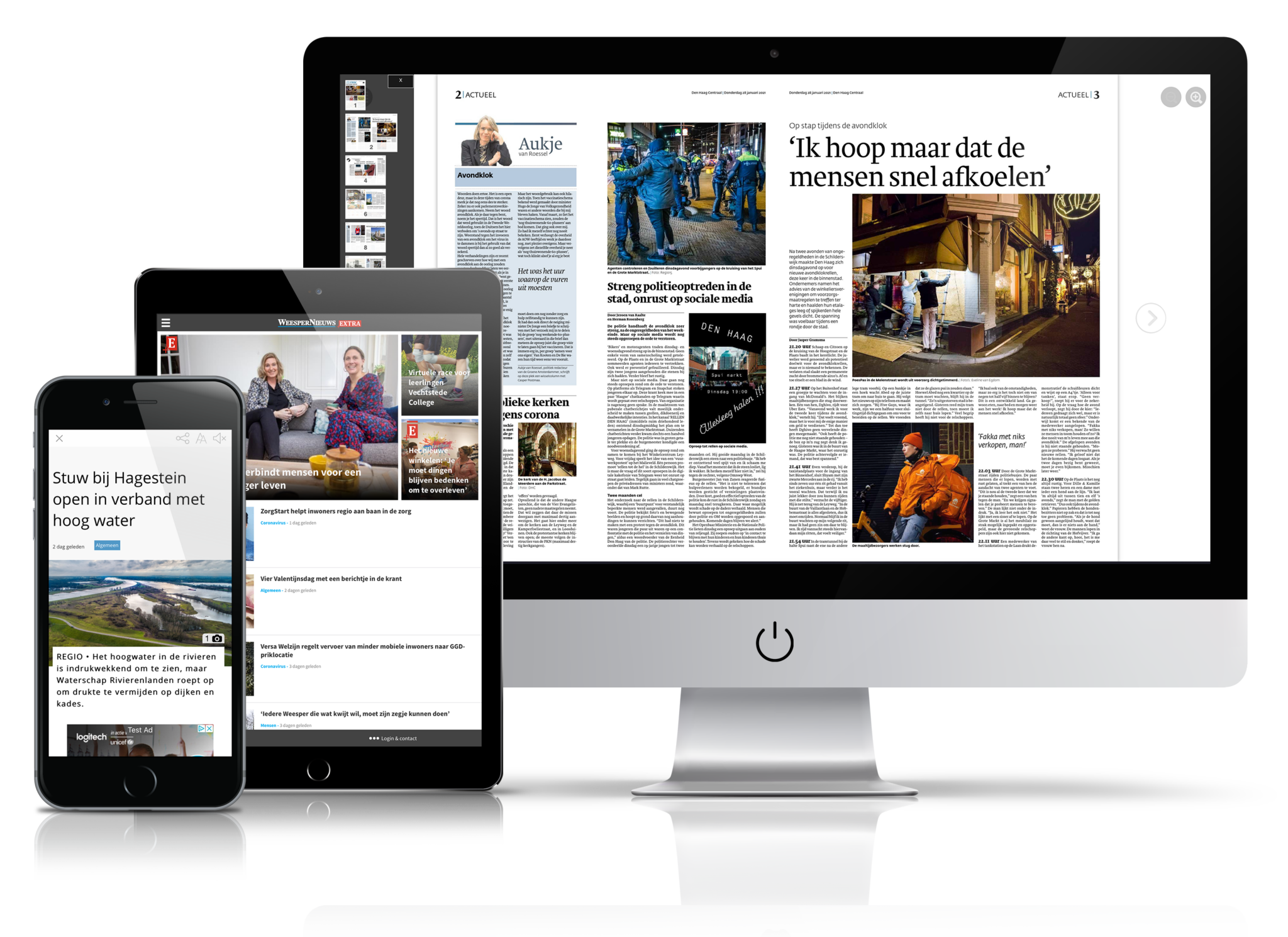Little Known Facts About News Websites.
Little Known Facts About News Websites.
Blog Article
The Buzz on News Websites
Table of ContentsThe Best Strategy To Use For News WebsitesThe smart Trick of News Websites That Nobody is Discussing4 Simple Techniques For News WebsitesA Biased View of News WebsitesNews Websites Can Be Fun For Anyone
It was down in the UK and Brazil yet up a few other countries, such as Greece, Bulgaria, and Poland (News Websites). This year, for the very first time, we asked regarding the various manner ins which individuals stay clear of the news and discovered that around half of avoiders (53%) were trying to do so in a broad-brush or regular way as an example, by turning off the radio when the information began, or by scrolling past the news in social networksYou said that you try to proactively avoid news.

I'm most likely selecting to learn more light-hearted tales than I utilized to currently. M, 51, UK Switching my back on information is the only way I feel I can deal sometimes. I need to purposely make the effort to avert for the purpose of my very own psychological wellness.
The smart Trick of News Websites That Nobody is Talking About
Discerning avoidance of Ukraine information was highest in much of the countries closest to the problem, enhancing searchings for from our additional survey last year, not long after the battle had started. Our data may not suggest a lack of passion in Ukraine from nearby nations but rather a need to handle time or safeguard mental health from the extremely actual horrors of battle.
Contrasting Finland with a politically polarised country such as the USA (see next chart) that is less affected by the war, we discover a really different pattern of subject avoidance. In the United States, we discover that consumers are most likely to stay clear of subjects such as national politics and social justice, where arguments over problems such as gender, sexuality, and race have come to be extremely politicised.
American politics are pretty toxic nowadays. I find in some cases that I have to detach from stories that just make me mad. F, 61, USA For some individuals, bitter and divisive political discussions are a reason to switch off news entirely, but for some political partisans, evasion is commonly about shutting out point of views you do not desire to hear.

6 Easy Facts About News Websites Explained
Some are looking to make information more obtainable for hard-to-reach groups, expanding the information agenda, commissioning more motivating or positive information, or welcoming useful or services journalism that give people a sense of hope or individual firm. In our survey this year, we asked participants concerning their interest in these different approaches.
This describes why stories like Ukraine or nationwide politics carry out well with news regulars yet can at the exact same time turn much internet less interested customers away (News Websites). Discerning avoiders are less interested in all sorts of news than non-avoiders but in relative terms they do appear to be more interested in positive or solutions-based information

News Websites Can Be Fun For Anyone
2023). This might hold true in the moment, however in time it appears to be leaving lots of people vacant and much less pleased, which might be threatening our link with and count on in the information. Throughout markets, general trust in news (40%) and depend on in the sources people utilize themselves (46%) are down by an additionally 2 portion factors this year.
Indeed, with the rear-view mirror, the COVID-19 count on bump is clearly noticeable in the adhering to graph, though the direction of traveling later on has been blended. In many cases (e.g. Finland), the trust fund rise has been kept, while in others the upturn looks even more like a spot in a tale of continued long-lasting decrease.
Some of the highest reported levels of media objection are discovered in countries with highest degree of wonder about, such as Greece, the Philippines, the United States, France, and the UK. The most published here affordable degrees of media criticism click here to find out more are usually in those with greater levels of depend on, such as Finland, Norway, Denmark, and Japan.
The smart Trick of News Websites That Nobody is Talking About
This year we asked participants about their choices for text, audio and video when eating news online. On standard, we find that the bulk still favor to review the news (57%), as opposed to watch (30%) or pay attention to it (13%), yet younger people (under-35s) are much more most likely to pay attention (17%) than older groups.
Behind the averages we locate significant and unexpected country distinctions. In markets with a strong reading tradition, such as Finland and the UK, around 8 in ten still choose to check out online news, but in India and Thailand, around 4 in ten (40%) state they favor to enjoy news online, and in the Philippines that proportion is over fifty percent (52%).
Report this page